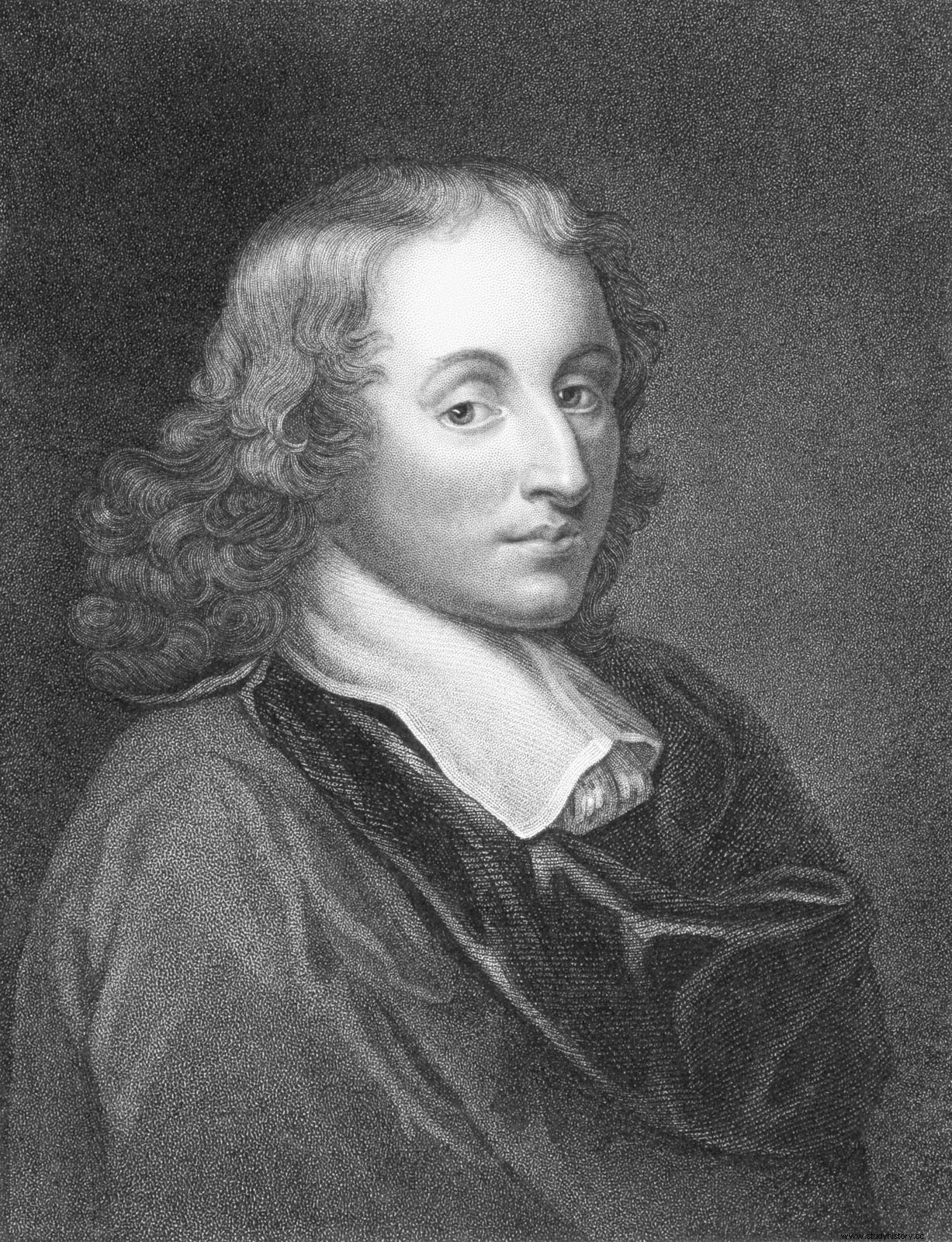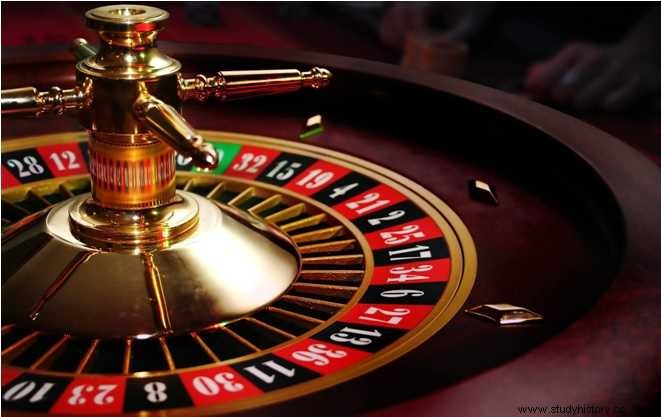The seventeenth century gave us numerous personalities without whom we could not understand the world as we do today. In the field of the scientific revolution, one of the most relevant was the French Blaise Pascal , who made notable contributions in the field of mathematics, including the design and construction of mechanical calculators or contributions to the theory of probability, and in the field of physics, especially with regard to fluids. Although he passed away at the age of 39, he was unable to finish his literary work called Thoughts , he left his mark with theories such as Pascal's principle and with creations such as the well-known casino roulette, which is based on a mathematical formula.

Pascal's Principle.
Before delving into the study of Pascal's liquids, it should be said that the physicist and mathematician was a prodigy from his childhood, so his father, a lawyer, decided to educate him himself to ensure that he received the appropriate training. . At the age of 18 he created a calculator called Pascaline , which would serve as the basis for the subsequent creation of models such as Curt Herzstark's Curta mechanical calculator , created in the middle of the 20th century. After the first creation of it, Pascal would begin to be interested in other fields, such as physics. One of his most relevant contributions in this discipline is the principle or Pascal's law , which would make the hydraulic press possible, and that today we can see in other hydraulic systems such as elevators, brakes or jacks. Broadly speaking, the principle says that if pressure is exerted on an incomprehensible fluid within an undeformable space, it will expand in all directions with the same intensity. This is especially useful when applied to a hydraulic press, since if two cylinders of different sizes are connected and filled with water and “x” power is exerted on the first, the second will receive the same power. However, if the second cylinder has a larger section, the force exerted will also be greater. Consequently, Pascal's law has made it possible to increase the force exerted by a liquid at different points without having to change the initial pressure.
Roulette and odds
Pascal became interested in probabilities thanks to Pierre de Fermat, a friend of his who spoke to him about it in letters. For this reason, the mathematician began to work in the field of probabilities until he created the so-called Pascal's Bet , a formula that explains why one should believe in God… from his point of view. We do not know if God exists (a matter of chance), but if a person doubts the existence of God, he should believe, since in the case of existence he would win more than he would lose in the opposite case. Even if the probability of God's existence were extremely small, such smallness would be compensated by the great gain that would be obtained, eternal glory. While his claim is debatable depending on each individual's personal beliefs, it was groundbreaking because it applied mathematical probability to a religious dilemma. And already involved in the matter of probabilities and chance, he invented roulette, one of the most popular games today. This can be found in different variants on platforms such as Betway roulette, which also has titles such as blackjack or more than a hundred classic and themed slot machines. Likewise, roulette is the protagonist of numerous productions, such as the film Los Pelayos, the story of an ingenious family that plays roulette. However, today's roulette wheels have a zero or double zero, while the one invented by Pascal only had 36 numbers, from 1 to 36.

The mathematician devised roulette by carefully calculating its characteristics, since his goal was to create a balance between all the numbers. He finally got it, since the original 36 digits had an equal chance of coming out. The aforementioned added zeros and the rest of the recent features were integrated later, with the aim of adding excitement to the game. Even so, Pascal's roulette is still very similar to the current ones. The relationship between mathematicians and games of chance goes beyond Pascal and roulette, since we can also find examples such as that of Charles Marie de La Condamine, a mathematician who studied the lottery in the 18th century and shared his findings with the well-known writer and philosopher Voltaire.
